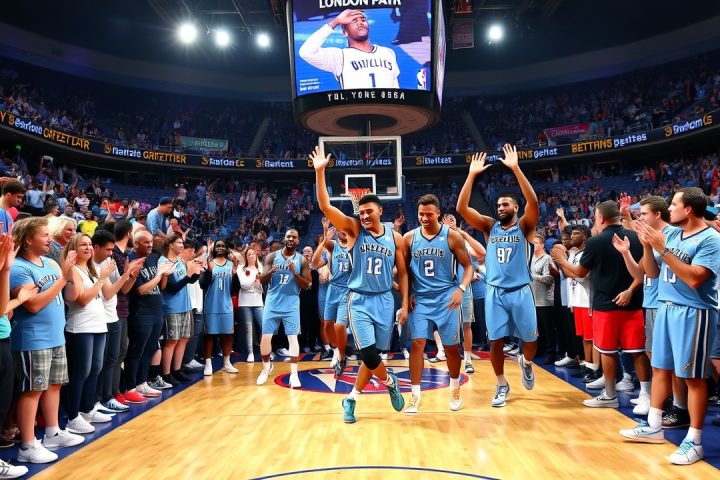The Premier League’s Financial Strength
A recent study has reaffirmed the Premier League’s reputation as the wealthiest football league in the world, highlighting that nine teams from England are included in the top 20 club valuations across Europe. The analysis comes from the Football Clubs’ Valuation report, which has been released annually by the Budapest-based Football Benchmark Group for the past ten years. This report ranks European clubs based on their enterprise value, which comprises the total equity value of a club along with its net debt.
Top Club Valuations
Real Madrid continues to lead the pack, soaring past the €6 billion mark this year to reach an enterprise value of €6.3 billion (£5.2 billion; $6.5 billion), solidifying its position at the top. This marks a significant increase from last year’s valuation when they first reached the €5 billion milestone. Manchester City comes in second, with Manchester United closely following. Despite the challenges faced on the pitch, Football Benchmark estimates that Manchester United’s value has risen by 4% over the past year, reaching €5.1 billion, converting to about £4.3 billion. This figure is still lower than the amount Sir Jim Ratcliffe invested to purchase nearly 28% of the club earlier this year.
Barcelona and Bayern Munich complete the top five list, while Liverpool and a revitalized Arsenal follow closely. Paris Saint-Germain, Tottenham Hotspur, which has notably seen the most significant growth over the last decade, and Chelsea round out the top ten. Interestingly, Chelsea reported the only decline in enterprise value among the top ten, dropping by 8% to a value of £2.5 billion, matching the price at which the consortium led by Todd Boehly and Clearlake Capital acquired the club from Roman Abramovich in 2022.
Financial Outlook for the Premier League
Despite the economic ups and downs, the report paints a promising picture for the Premier League with clubs like West Ham United, Aston Villa (notably up 42% year-on-year), and Everton making it into the top 20 rankings. The league’s financial infrastructure continues to strengthen due to superior broadcasting deals, matchday revenues, and commercial agreements, along with the additional bonus of having six slots for Champions League qualification next season.
However, it is crucial to note that the increase in revenues does not translate directly into profitability, as many clubs in the report recorded substantial losses last season. Fortunately, the financial deficits have lessened since the peak crisis during the COVID-19 pandemic; the collective loss for the 32 clubs surveyed has decreased to just over £430 million, down significantly from the nearly £2.3 billion in losses recorded in 2022.
Insights from Football Benchmark
Andrea Sartori, the CEO and founder of Football Benchmark, elaborates in his introductory remarks that maintaining profitability is a significant challenge, largely due to the rapid escalation of squad costs compared to revenue growth over the past decade.
However, he expressed optimism as improvements towards financial stability are evident, particularly with UEFA’s new financial fair play regulations, which are helping to manage costs effectively.
Valuation Methodology
Valuing football clubs is notoriously challenging, and the report discusses its methodology. Football Benchmark uses a revenue-multiple method influenced by recent club sales and public listings, along with a unique algorithm that assesses five key factors:
- profitability
- popularity (reflected in social media following)
- sporting potential (as indicated by squad valuations)
- league broadcasting deals
- stadium ownership
Over the last ten years, the average revenue multiple for club valuations has risen impressively from 3.4 to 4.9, although this is still significantly lower than that of NFL franchises, which benefit from more stringent cost regulations, enduring broadcasting contracts, and modern stadiums. The report also clarifies the criteria for inclusion in their rankings, explaining why certain clubs like Newcastle United were not listed despite their strong revenue potential as indicated in other reports. To be featured, a club must rank among the top 50 in operating revenues or UEFA’s club coefficients and be within the top 30 by social media followers as of January 1, 2025. The recent Carabao Cup champions did not qualify under these parameters, but future participation in the Champions League could change that.




